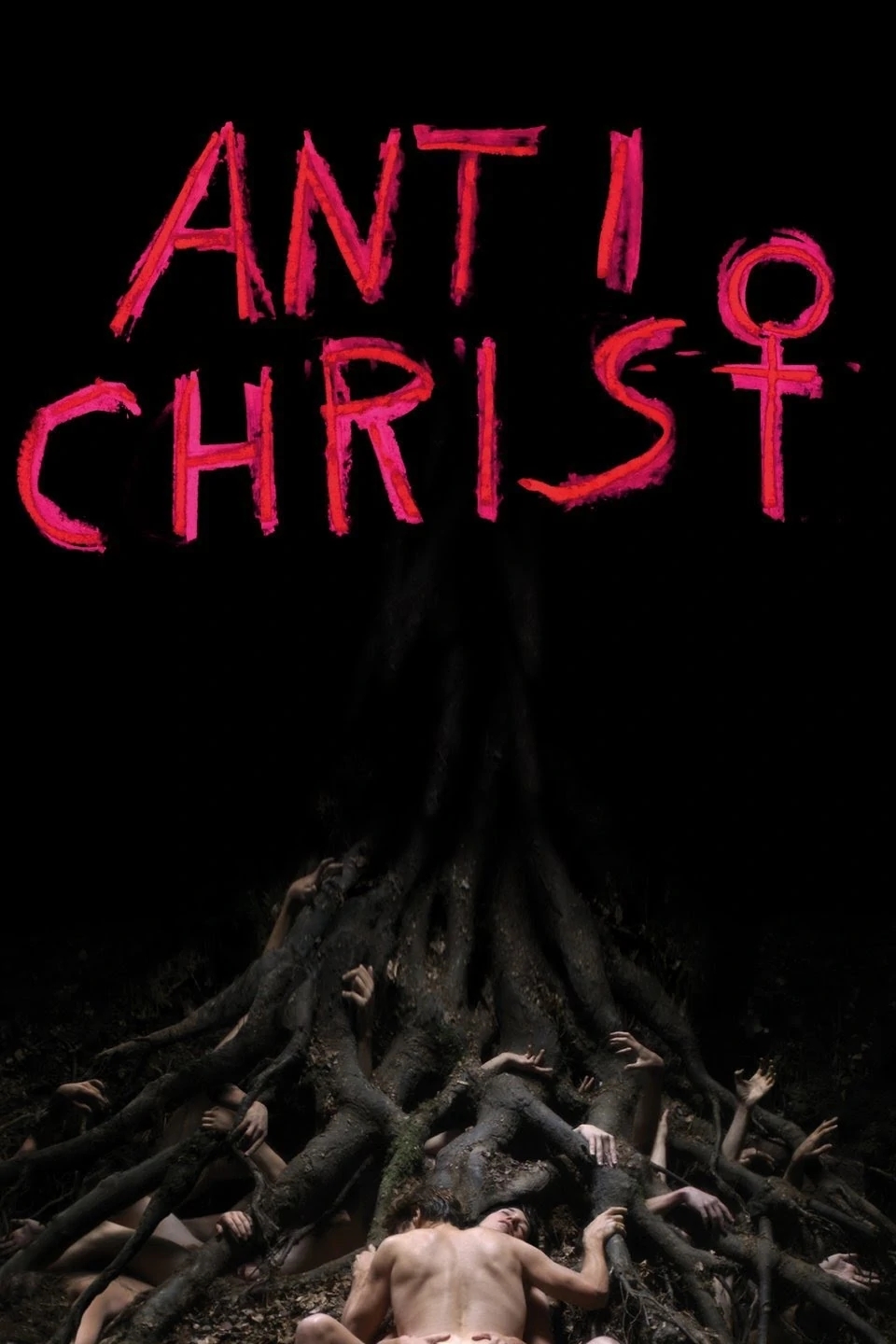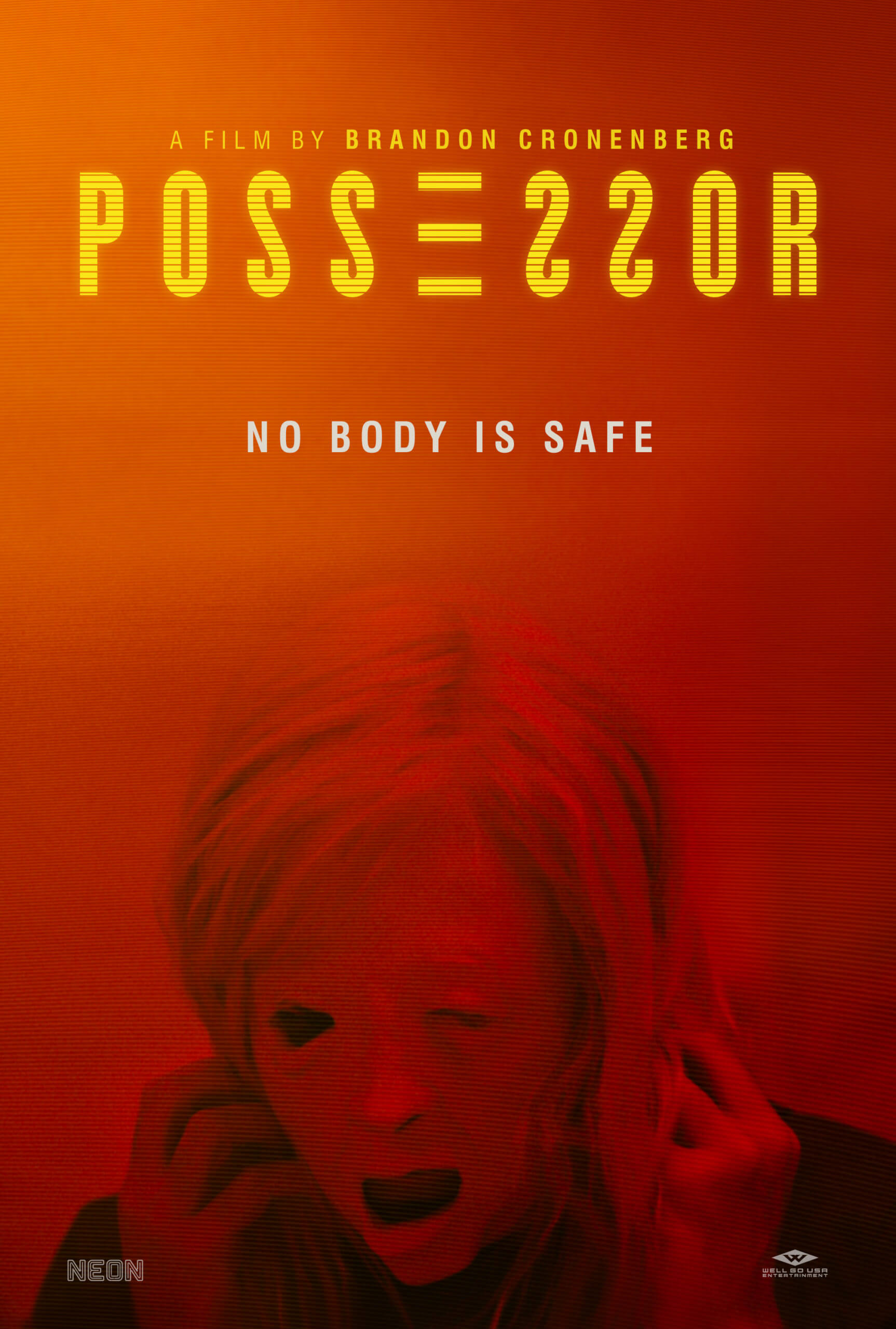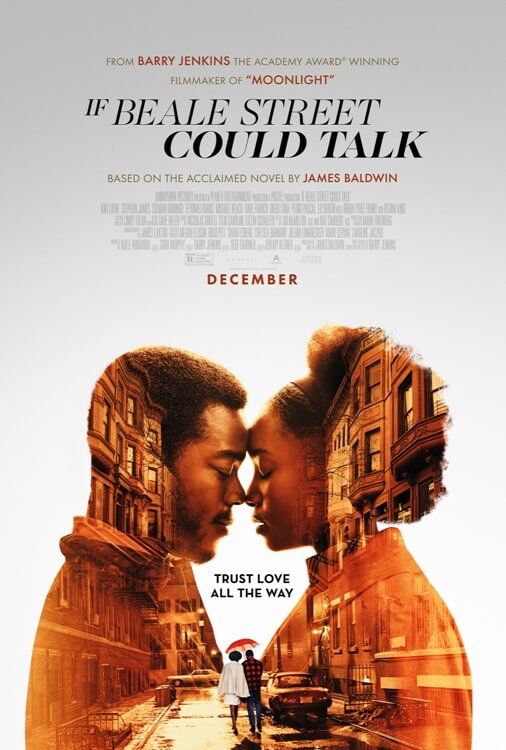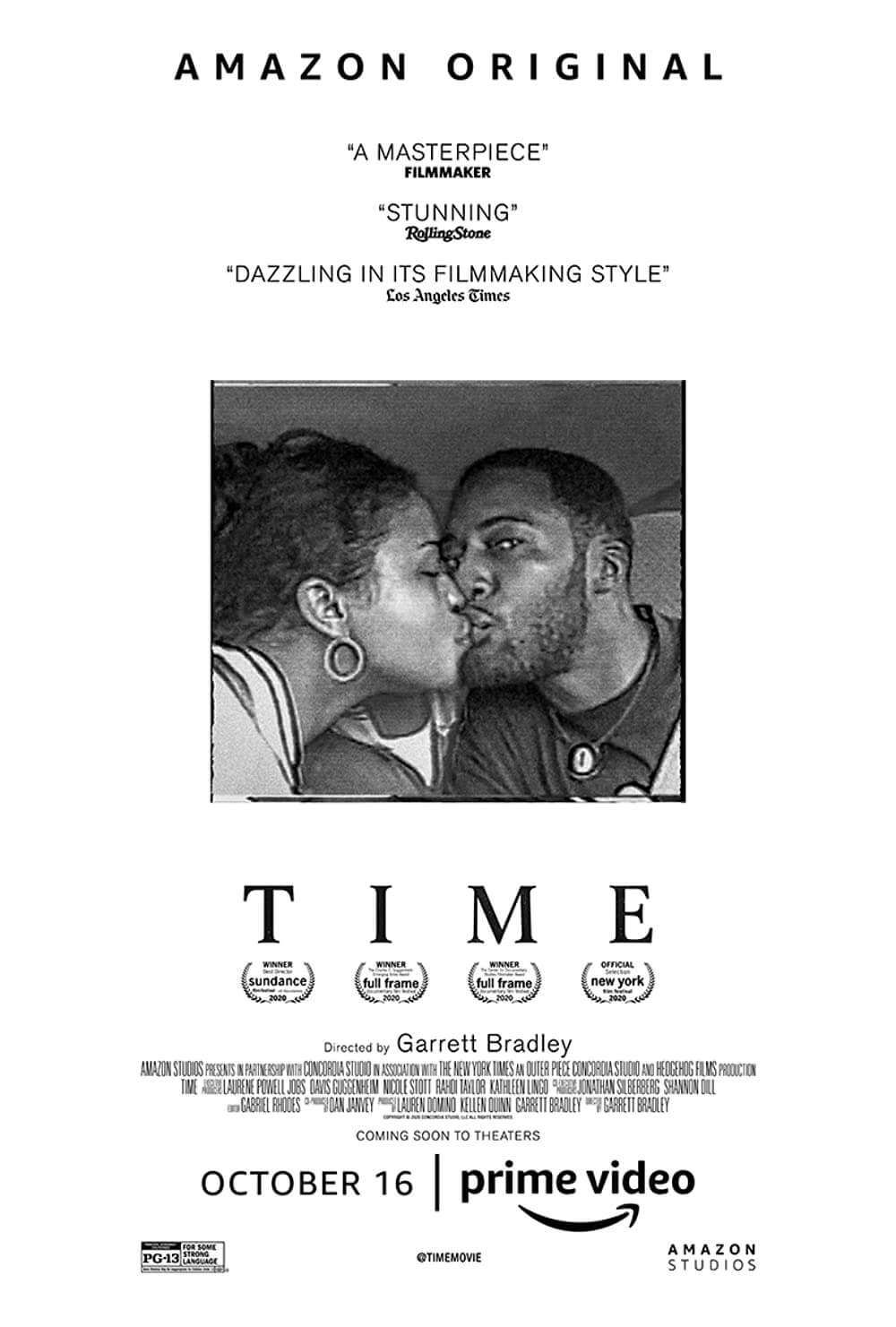[once he’s finished communing with the local wildlife, contributing writer and part-time animal whisperer marrrrrrr likes to prepare a cruelty-free meal and observe the nature of an experimental psychological horror because the mysterious coyote with the voice of Johnny Cash told him to. this is Midnight Movies.]
film: Antichrist (2009)
food: salmon & avocado ramen. might be stuck in a rut.
pre-game: psychological horror from lars von trier starring charlotte gainsbourg and willem dafoe about a couple on the rocks who experience a truly messed up vacation at their cabin in the woods. mixed reviews when it came out, but gainsbourg picked up best actress at cannes, and, since it’s von trier, it probably won’t be boring.

post-game: about halfway through Lars von Trier’s Antichrist (the first in his so-called “depression trilogy,” preceding Melancholia (2011) & Nymphomaniac (2013)), one character stumbles on a fox in the woods ripping at its own exposed innards with its teeth. then, inexplicably, it leans up and speaks the phrase, “chaos reigns.”
your reaction to this scene might serve as a litmus for how worthwhile you find Antichrist as a whole. personally, it gave me goosebumps.
after its premiere at the cannes film festival, Antichrist (like much of von Trier’s work) garnered polarizing and extreme reactions. fans labelled it brilliant and artistic. detractors decried it as “hateful,” “misogynistic,” and “euroschlock.” during its screening, several audience members walked out and there were at least four faintings on record. before watching Antichrist, i would’ve assumed this was the typical sensationalistic overreaction that marks much of the reporting from cannes, where the audiences are prone to extended standing ovations or riotous booing, or, for particularly divisive movies, sometimes both. after watching it, the faintings are completely understandable. (the content warnings at the end of the review are not to be taken lightly.)
Antichrist stars Charlotte Gainsbourg and Willem Dafoe as an unnamed couple who, during the prologue (the first of six separate sections that also include four “chapters” and an epilogue), are deep in the throes of love-making. the scene is in black and white, shot in slow-motion, and set to Handel’s “Lascia ch’io pianga.” the only thing saving this scene from full-on “european arthouse” cliche is the tragedy involving the couple’s young son that the deeply distracted parents don’t prevent.
afterwards, “she” (as the credits distinguish Gainsbourg’s character) is in the middle of an extended hospital stay struggling to overcome her grief. “he” (Dafoe) is a therapist and disagrees with both her psychiatrist’s diagnosis and prescription of medication. he would prefer she take a non-medicinal approach and, reluctantly, she assents. she flushes her pills down the toilet, does breathing exercises when she starts having panic attacks, and, ultimately, when he diagnoses “nature” as one of her biggest fears, agrees to a couple’s stay at their remote cabin in the woods. (the cabin, with what is certainly no subtext intended, is nicknamed “eden.”)

it might be fair to say that, in Antichrist, von Trier is throwing things at the wall to see what sticks. as is increasingly common in “artistic” horror, this is a movie that produces mostly questions and little, if any, answers. no explanation is given for, say, the aforementioned talking fox, nor the increasingly violent turn of events: are they the result of some kind of possession, extreme psychosis, or some combination of the both? the film tilts at religious allegory, but how the symbols are “supposed” to line up is not entirely clear (or, since one of the movie’s most clearly defined themes is the lack of meaning in a chaotic world, whether the symbols can even be lined up “meaningfully” at all).
subsequently, how valuable you find Antichrist will likely depend on how interesting you find those questions. for me, the psychological level was the most immediately accessible. consider that, when he initially starts his own treatment program, he insists that she and he not have sex because “you should never sleep with your therapist.” so, when it inevitably happens, what are the implications? is she just using sex as a distraction from her pain? is he abusing a position of authority? is this power dynamic representative of their relationship all along?
and what’s to be made of the possible late game explanation that the grief and erratic behavior she exhibits is an expression of repressed guilt? even if it’s true, it can only make sense of half the story.
the “depression trilogy” is so named because each of the movies were made while von Trier himself was having personal struggles with mental health, which most people watching Antichrist could probably have guessed — partially because of the general tone of hopelessness; partially because, like depression itself, it gets a little tedious and repetitive, particularly in the back half. but it’s also astoundingly well shot, with powerful imagery, even when these images become more and more grotesque over time.
even before looking up the initial reaction upon its release, i knew Antichrist would be labelled by some as misogynistic. if you decide to watch it, you’ll understand why. i’m not sure if it’s a “true” criticism, but it is a fair one, and if the mark of horror is to shock and disturb the audience, then the scenes in question do their job.
so whether to recommend Antichrist, like much of the movie, comes down to how you approach it. if what you want in a good horror movie is a traditional narrative with an identifiable obstacle for the protagonists to overcome resulting in a few scares along the way, you might want to pass.
but if you’re looking for a movie that will plumb the depths of nihilism and despair to create a sense of confusion, unease and dread in the viewer, well then, as they say: viewer beware.
[content warnings for full nudity and extremely graphic sexual violence]
rating:







